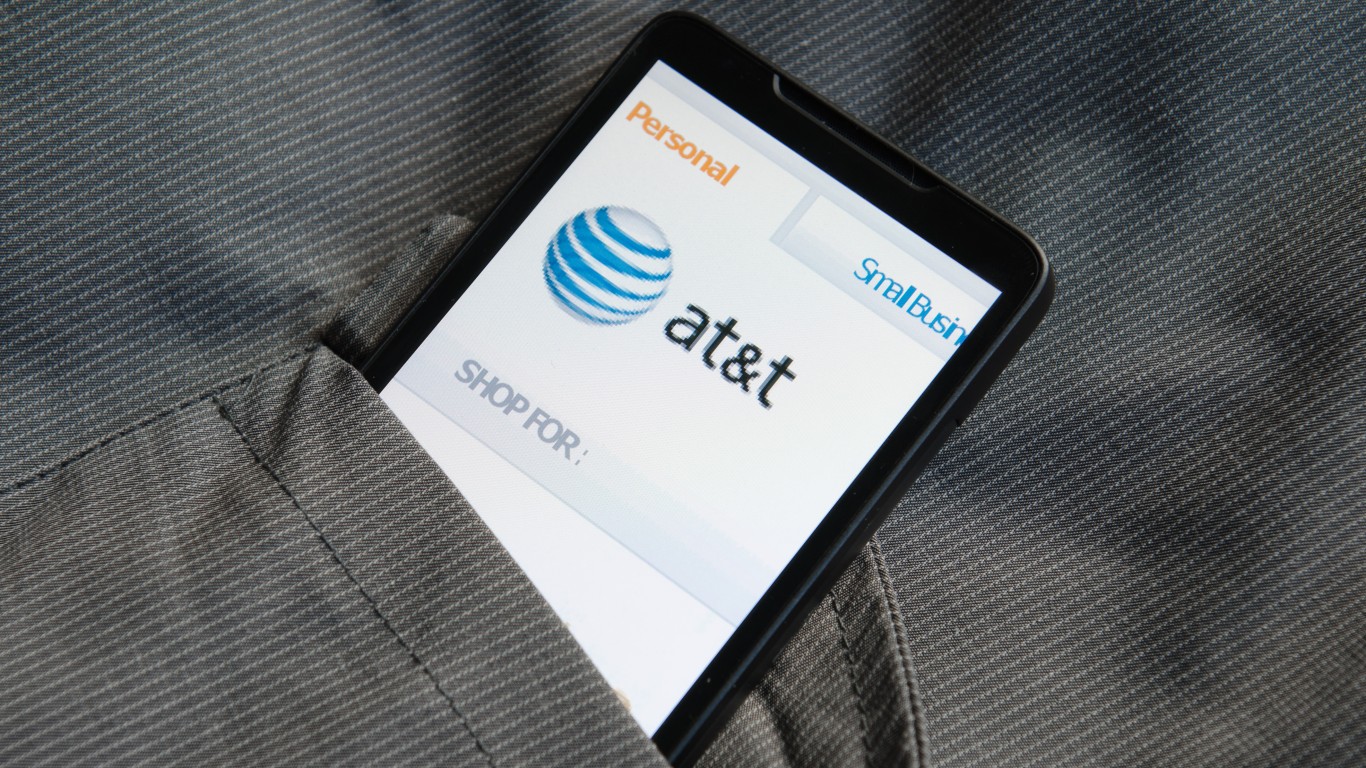 If Google (NASDAQ: GOOG) is fortunate, its new Nexus 7 tablet will be like a Chrysler automobile. The device is up against Apple (NASDAQ: AAPL), with its General Motors (NYSE: GM) type leadership in the car business, and Amazon.com’s (NASDAQ: AMZN) Kindle, which is like Ford (NYSE: F). The tablet PC to car comparison has flaws, though. Cars retail for an average of $25,000. Tablet PC prices average $300. The point of comparison is how many brands can exist in a market. In the case of cars, the number is big.
If Google (NASDAQ: GOOG) is fortunate, its new Nexus 7 tablet will be like a Chrysler automobile. The device is up against Apple (NASDAQ: AAPL), with its General Motors (NYSE: GM) type leadership in the car business, and Amazon.com’s (NASDAQ: AMZN) Kindle, which is like Ford (NYSE: F). The tablet PC to car comparison has flaws, though. Cars retail for an average of $25,000. Tablet PC prices average $300. The point of comparison is how many brands can exist in a market. In the case of cars, the number is big.
The tablet business already has claimed its early victims — Hewlett-Packard (NYSE: HPQ) and Barnes & Noble (NYSE: BKS). HP had a good chance to take market share because of its size in the PC industry. Barnes & Noble never had a chance. Its customer base is much smaller than Amazon’s. And the world’s largest e-commerce company introduced its Kindle well ahead of the book store company’s Nook.
Amazon, Google, Apple and Microsoft (NASDAQ: MSFT), which also has launched a tablet, have several critical advantages over most consumer electronics companies. Each has a nearly unlimited amount of cash, a major brand and a juggernaut marketing operation. The success of any of them, however, will turn as much on whether the market will support four or more brands, or whether consumer tastes will gravitate to one or two. Gravitational pull has been the case so far with the iPad and Kindle, but the consumer electronics business in one in which a formidable competitor can come from behind. Microsoft did so with its Xbox 360, but it cost the world’s largest software company billions of dollars, an investment that may never be returned.
Car companies cannot abandon their products, because auto manufacturing is a one-product business. Each of the firms in the tablet business has at least one primary business to fall back on. Google has search, and its Android OS already has attained near-ubiquity, though very few analysts can understand how Android makes any money. The Nexus 7 seems to be an unnecessary product extension. That is less true with Microsoft, which continues to struggle mightily to gets is Windows OS mobile market share.
The tablet market in the United States may generate 20 million sales next year. Apple alone will represent most of that. It seems unlikely there will be room for four brands, but the auto market is a multiple-brand industry in which most companies make money when the U.S. produces 14 million vehicle sales. And at least a dozen car companies survive well in America.
TV channels may be another analogy to tablet PCs, even though the comparison appears to be a stretch. People can change channels more easily and with less expense than they can change tablets. But the tablet PC makers continue to look for some industry similar to theirs, at least to explain their actions to deeply puzzled investors. As each grasps for explanations, TV channels are as good as anything else. That is, unless Amazon and Apple, with their market leads, are the only two that survive the fierce competition. Then the TV analogy falls apart. So much for explaining the tablet market.
Douglas A. McIntyre
Essential Tips for Investing: Sponsored
A financial advisor can help you understand the advantages and disadvantages of investment properties. Finding a qualified financial advisor doesn’t have to be hard. SmartAsset’s free tool matches you with up to three financial advisors who serve your area, and you can interview your advisor matches at no cost to decide which one is right for you. If you’re ready to find an advisor who can help you achieve your financial goals, get started now.
Investing in real estate can diversify your portfolio. But expanding your horizons may add additional costs. If you’re an investor looking to minimize expenses, consider checking out online brokerages. They often offer low investment fees, helping you maximize your profit.
Thank you for reading! Have some feedback for us?
Contact the 24/7 Wall St. editorial team.



